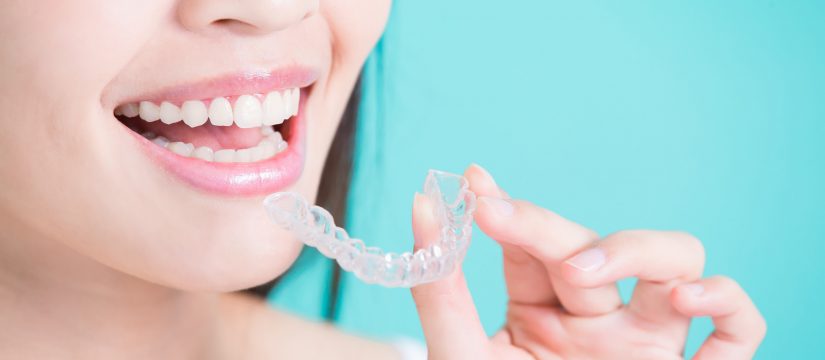
Do you experience unexplained headaches, pain in your jaw, tightness or clicking in your jaw, shoulder or back pain, or a popping sensation in your ears? If you experience any of those symptoms – especially if you also notice problems eating, drinking, speaking or breathing – tell a dentist in Winnipeg about what you’re going through. While there may be several explanations for those symptoms, you could have a misaligned jaw.
What causes a misaligned jaw?
There are several causes of a misaligned jaw, something you’ll also see referred to as a crooked or uneven jaw or bite. Whatever you call it, misaligned bites can be caused by factors as diverse as injuries sustained in a motor vehicle accident, assault or sports injury; a prior broken jaw that didn’t heal properly; birth defects called micrognathia or mandibular hypoplasia characterized by an unusually small and short lower jaw; and poorly aligned or overly crowded teeth that cause bite problems. Bite problems caused by crowded or misaligned teeth can, over time, cause your jaw to become misaligned or asymmetrical as well.
What can be done about a misaligned jaw?
Treatment options for addressing a misaligned jaw vary depending on several factors: the age and stage of development of the patient; how serious the misalignment is and what symptoms it is causing; and your lifestyle. Many of the treatment options will sound intimidating and extreme, so we’ll tell you ahead of time that the last one we’ll mention is actually subtle, discrete, effective and invisible. Correcting a misaligned jaw with Invisalign in Winnipeg may be the best solution for you, but there are treatment options for people in all situations that include:
- Headgear braces that are worn for 12 to 24 hours daily
- Upper jaw expanders to correct a protruding lower jaw
- Reverse pull face masks worn overnight to correct an underbite
- Maxillary and mandibular osteotomy, surgical procedures that involve cutting your upper jaw
- Genioplasty, a form of cosmetic surgery that repositions or reshapes your chin
- Fixing your jaw in position by wiring it in place for a predetermined period
Don’t let the intimidating and potentially uncomfortable nature of those treatment options prevent you from getting the help you need for symptoms that are affecting your life. Ask the staff at a dental clinic in Winnipeg whether wearing Invisalign aligners might help you to obtain relief and get your jaw straightened out.
Invisalign’s aligners are custom-formed to fit the current position of your teeth. They’re made of a transparent material that will – as long as you take care of them as instructed by your dentist – remain virtually invisible throughout your treatment plan. By wearing your aligner for 20 to 22 hours daily, your teeth and jaw will gradually be shifted into the correct, comfortable and consistently positioned posture. Straightening a misaligned jaw with Invisalign near you typically takes between six to 18 months and does not require surgery. Invisalign treatment is appropriate for mature teenagers who will follow their treatment plan, adults, and seniors alike.
Not only will no one know that you’re wearing your aligners when you’re wearing them, you’ll be able to take them out to eat, brush your teeth, drink coffee and tea, and enjoy a glass of wine or a beer. As long as you put them back in quickly after cleaning them to make sure you’re wearing them for at least 20 to 22 hours daily.
If you’ve been living or struggling with the symptoms of a misaligned jaw, ask a dentist near you if Invisalign in Winnipeg might be the right treatment option to provide you with some relief.
